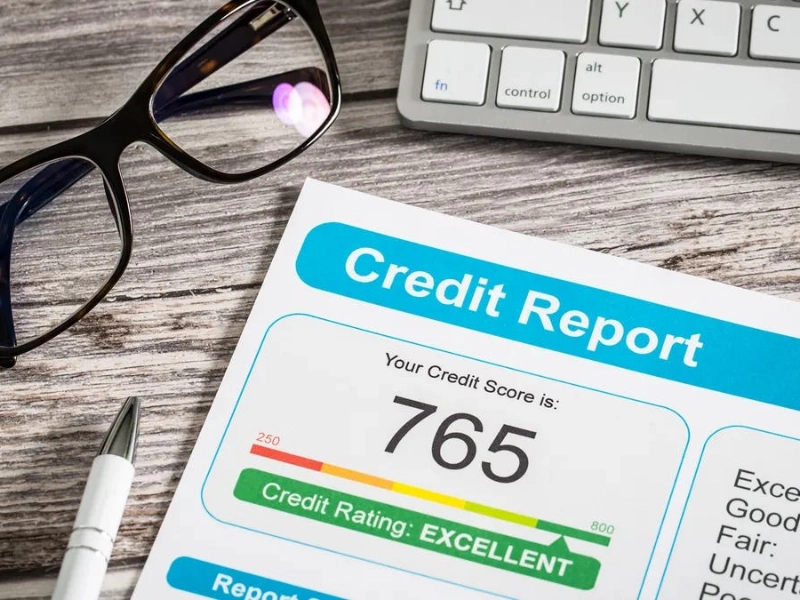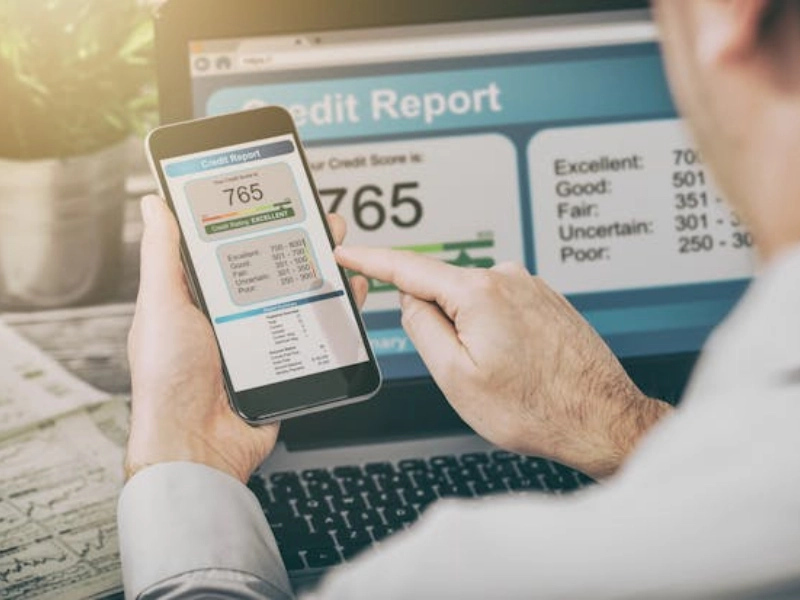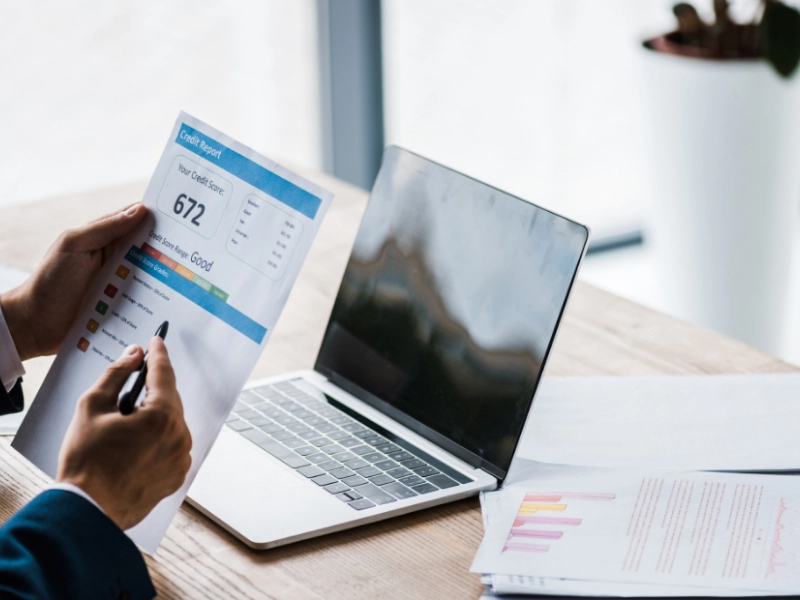The process of getting a new mortgage in place of your current one is called refinancing. In order to cut their mortgage rate, switch from an adjustable to a fixed-rate mortgage, or access home equity for purposes like debt consolidation, many homeowners refinance. Whether or not refinancing makes sense will ultimately depend on your unique financial position; there is no universally applicable solution. Here are some important things to think about:

 One of the most crucial requirements for obtaining a mortgage or refinancing is having a high credit score. Multiple documents, a thorough financial assessment, and a fresh mortgage application are usually required for loans, and they can all have an effect on your credit. Applying to a small number of lenders is generally advised in order to spread out your credit history and reduce the likelihood that it will impact the interest rate you ultimately acquire.
Refinancing might help you receive a better interest rate, access equity in your house, or modify the conditions of your loan. It's crucial to think about whether you'll remain in your present home long enough to recoup all of the refinancing costs. For instance, homeowners who are getting close to retirement age might wish to refinance in order to accelerate their mortgage payoff and concentrate on saving more money. In order to lower their monthly payments and take advantage of living in a paid-off house, they can also decide to slightly extend the duration of their mortgage.
One of the most crucial requirements for obtaining a mortgage or refinancing is having a high credit score. Multiple documents, a thorough financial assessment, and a fresh mortgage application are usually required for loans, and they can all have an effect on your credit. Applying to a small number of lenders is generally advised in order to spread out your credit history and reduce the likelihood that it will impact the interest rate you ultimately acquire.
Refinancing might help you receive a better interest rate, access equity in your house, or modify the conditions of your loan. It's crucial to think about whether you'll remain in your present home long enough to recoup all of the refinancing costs. For instance, homeowners who are getting close to retirement age might wish to refinance in order to accelerate their mortgage payoff and concentrate on saving more money. In order to lower their monthly payments and take advantage of living in a paid-off house, they can also decide to slightly extend the duration of their mortgage.
 You can alter the conditions of your loan and save money by refinancing your mortgage. Refinancing is the process of switching out your current house loan for a new one with different terms, including a longer loan term or a higher interest rate. In order to reduce debt or access the equity in your house, you can also refinance.
Knowing what you hope to achieve from your refinance is crucial. It might involve reducing your interest rate, extending the mortgage's term, moving from an adjustable to a fixed-rate mortgage, or even taking out a loan against your equity to cover large bills.
For instance, you may be able to get rid of private mortgage insurance (PMI) if you own your house with more than 20% equity and your credit score has increased. Moreover, you might use a cash-out refinance to obtain a new loan for a sum greater than what you owe on your previous one and withdraw the cash difference. After that, you can put this money toward home renovations or financial objectives.
You can alter the conditions of your loan and save money by refinancing your mortgage. Refinancing is the process of switching out your current house loan for a new one with different terms, including a longer loan term or a higher interest rate. In order to reduce debt or access the equity in your house, you can also refinance.
Knowing what you hope to achieve from your refinance is crucial. It might involve reducing your interest rate, extending the mortgage's term, moving from an adjustable to a fixed-rate mortgage, or even taking out a loan against your equity to cover large bills.
For instance, you may be able to get rid of private mortgage insurance (PMI) if you own your house with more than 20% equity and your credit score has increased. Moreover, you might use a cash-out refinance to obtain a new loan for a sum greater than what you owe on your previous one and withdraw the cash difference. After that, you can put this money toward home renovations or financial objectives.
 Because mortgage rates fluctuate so much, it can be challenging to determine when refinancing is the best course of action. Nevertheless, astute homeowners who want to remain in their house for an extended period of time might want to think about refinancing in order to benefit from cheap interest rates while they last.
You can change the kind of mortgage you have through refinancing, such as by extending the duration of your loan or switching from an adjustable-rate mortgage to a fixed-rate loan. Additionally, it can be utilized to take equity out of your house, which is advantageous if you need the money for home renovations or debt repayment.
Keep in mind that closing costs associated with refinancing might total between 3% and 6% of the loan balance. If you plan to only live in your house for a few years, it may take years for you to recover those costs, so carefully weigh your options. You may figure out how long it will take to recover your closing costs with the aid of a breakeven point calculator.
Because mortgage rates fluctuate so much, it can be challenging to determine when refinancing is the best course of action. Nevertheless, astute homeowners who want to remain in their house for an extended period of time might want to think about refinancing in order to benefit from cheap interest rates while they last.
You can change the kind of mortgage you have through refinancing, such as by extending the duration of your loan or switching from an adjustable-rate mortgage to a fixed-rate loan. Additionally, it can be utilized to take equity out of your house, which is advantageous if you need the money for home renovations or debt repayment.
Keep in mind that closing costs associated with refinancing might total between 3% and 6% of the loan balance. If you plan to only live in your house for a few years, it may take years for you to recover those costs, so carefully weigh your options. You may figure out how long it will take to recover your closing costs with the aid of a breakeven point calculator.